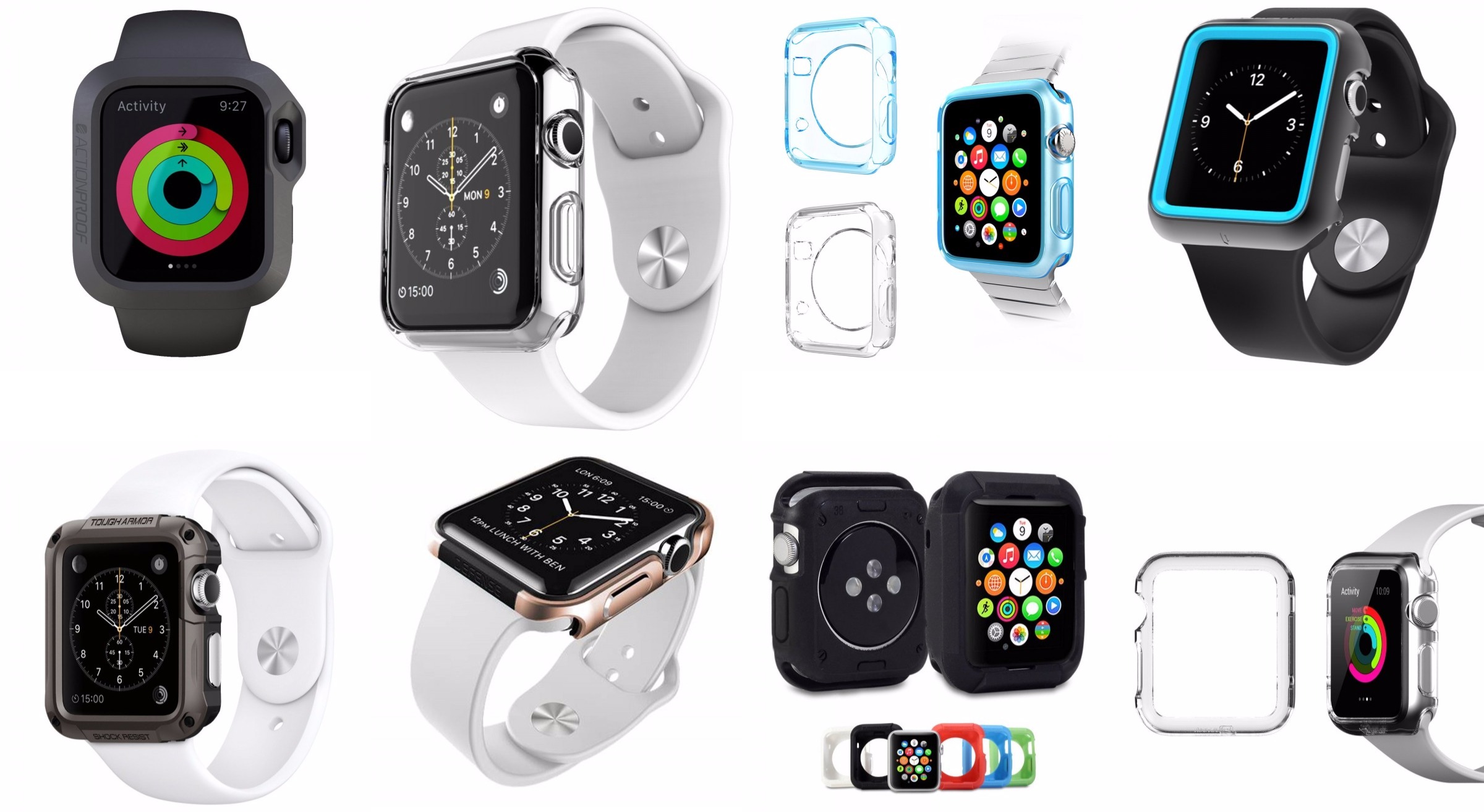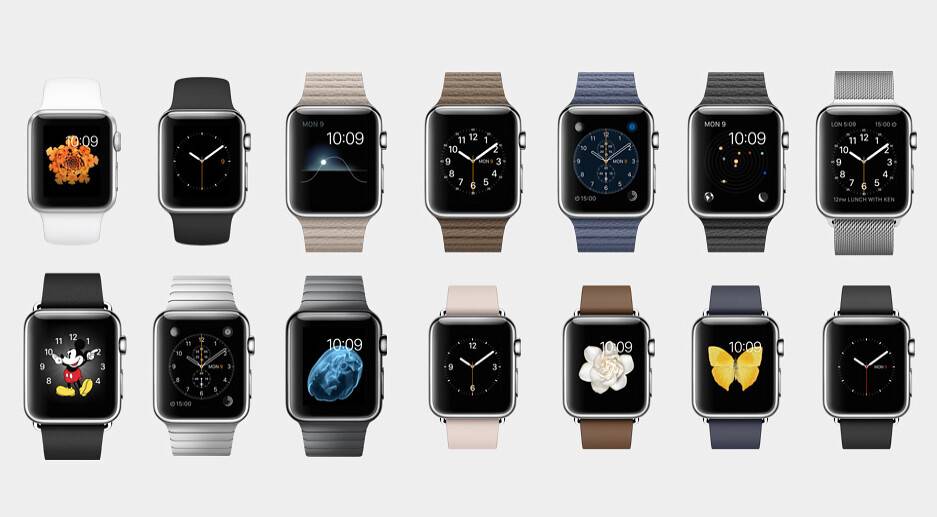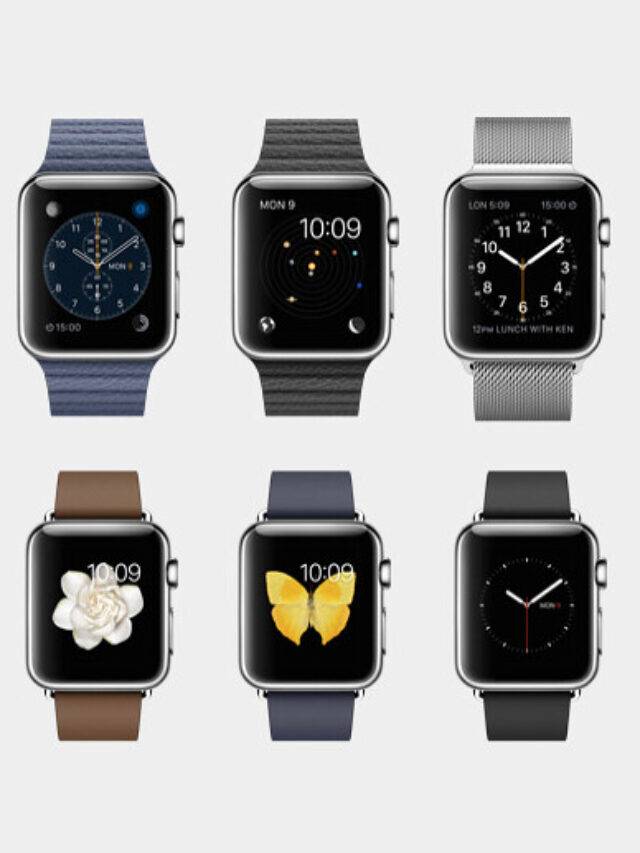Unraveling Apple’s Watch Dilemma: A Legal Battle and Innovation Clash
Apple’s Watches sales to go on halt. In the fast-paced world of technology, where innovation often collides with legal boundaries, Apple finds itself in the midst of a significant challenge. Recently, the International Trade Commission delivered a ruling that compelled Apple to take an unprecedented step – a temporary halt in the sales of its flagship smartwatches, both online and in retail stores. This decision, arising from a patent dispute, opens a Pandora’s box of complexities and sheds light on the intricate dance between technology giants and the innovators who claim ownership of groundbreaking ideas.
Decision to Halt Sales of Apple’s watches: A Drastic Move in Response to I.T.C. Ruling
Apple’s announcement to pause sales comes on the heels of a ruling by the International Trade Commission (I.T.C.). This decision serves as a tangible consequence of a legal battle that has been brewing for months, a battle that could significantly impact not only Apple’s watches but the entire smartwatch market.
Patent Dispute Background: The Unraveling of Technological Threads
Two months ago, Apple faced a setback in a patent case related to the technology embedded in its smartwatches, particularly the Apple Watch Series 9 and Watch Ultra 2. The core of the dispute revolves around the pulse rate detection technology integral to these watch models. This revelation sets the stage for the subsequent legal and strategic maneuvers by both Apple and the opposing party, Masimo.
Impact of the Legal Order: A Ripple Effect on Holiday Sales
The I.T.C.’s ruling imposes a substantial impact on Apple’s business strategy. The court’s decision not only necessitates the cessation of sales for the mentioned watch models but also adds an intriguing dimension – the timing. With the sales halt scheduled post-Christmas, industry experts anticipate a potential surge in demand during the final week of holiday shopping, as consumers rush to acquire these watches before they are temporarily taken off the market.
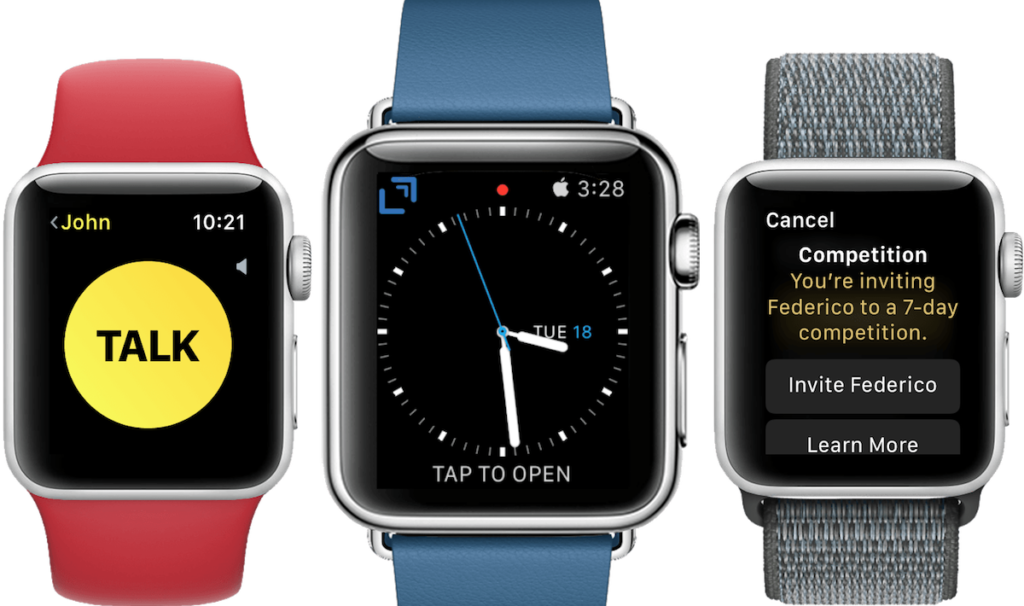
Patent Infringement Verdict: Masimo’s Victory
The I.T.C.’s verdict sided with Masimo, a medical technology company based in Irvine, Calif. The ruling declared that several Apple Watches infringed on patents owned by Masimo. This victory for Masimo underscores the importance of intellectual property protection and raises questions about how technology companies navigate the boundaries of innovation.
Allegations Against Apple: A Tale of Corporate Espionage?
Masimo, during the legal proceedings, presented damning evidence against Apple. The medical technology company claimed that Apple not only infringed on its patents but also engaged in corporate espionage by poaching top executives and other employees. Masimo’s allegations extend beyond a mere patent dispute, painting a picture of a fierce corporate rivalry.
Negotiation Attempts: A Countdown to Compliance or Appeal
To avert a complete sales ban, Apple had a two-month window to either negotiate a licensing deal with Masimo or appeal to the Biden administration to overturn the ruling. This phase marked a critical juncture in the unfolding saga, where the two tech giants had the opportunity to find common ground or escalate the conflict to higher echelons of authority.
Lack of Negotiations: Apple’s Direct Appeal to President Biden
The narrative takes an unexpected turn as Masimo’s CEO, Joe Kiani, reveals that Apple chose not to engage in licensing negotiations. Instead, Apple opted for a direct appeal to President Biden to challenge the I.T.C. decision. This strategic move by Apple raises eyebrows and introduces a political dimension to the dispute.
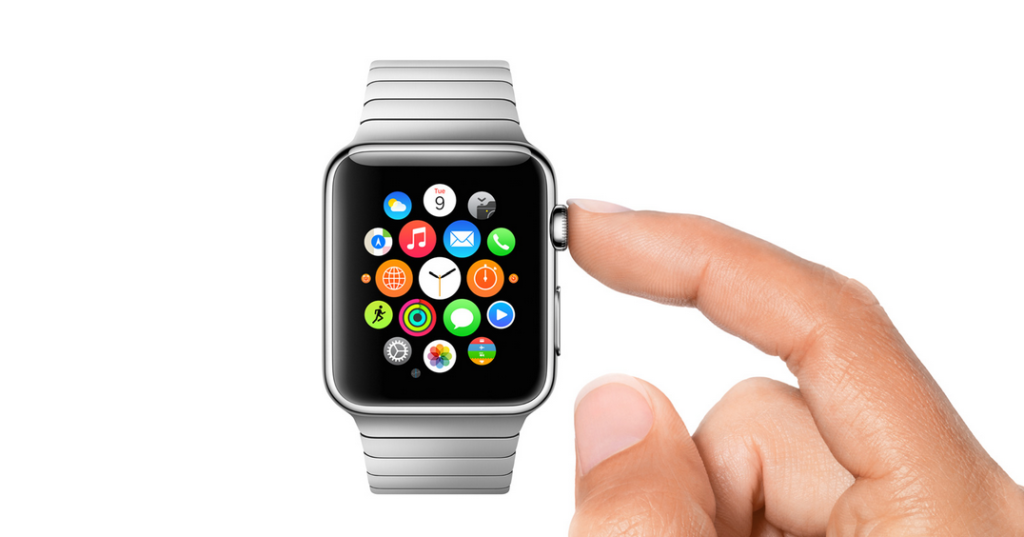
Accusations Against I.T.C.: A Twist in the Tale
In an intriguing twist, Joe Kiani criticizes the I.T.C., alleging that Apple seeks to portray the agency as supportive of patent trolls. This accusation adds layers to the already complex dynamics of the legal dispute, bringing into question the neutrality and effectiveness of the regulatory body overseeing such matters.
Apple’s Firm Stand: Legal and Technical Pursuits
Amidst the legal turmoil, Apple issues a strong statement expressing its disagreement with the I.T.C.’s order. The tech giant affirms its commitment to exploring both legal and technical avenues to ensure the continued availability of the Apple Watch to its customers. This stance positions Apple as a resilient player unwilling to yield easily in the face of legal adversity.
Masimo’s Olive Branch: Collaboration Despite Conflict
In an unexpected turn of events, Masimo’s CEO extends an olive branch to Apple. Despite the ongoing dispute, Joe Kiani offers to sell Apple a chip designed for pulse oximeter readings. This gesture signals a willingness to collaborate and license the technology for mutual benefit, showcasing a nuanced approach to conflict resolution.
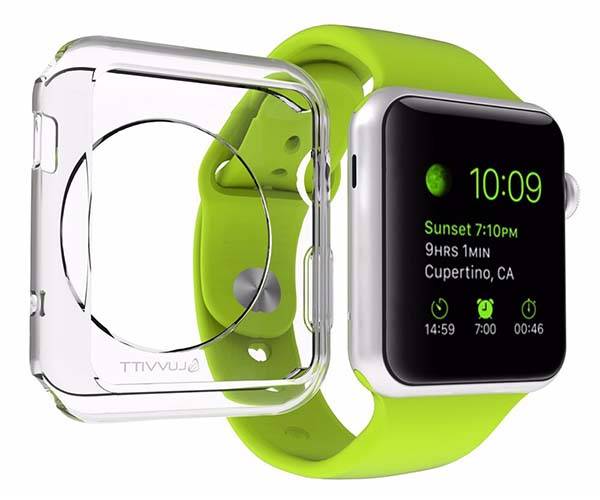
Conclusion: Navigating the Crossroads of Innovation and Legalities
As Apple navigates the complexities of this legal quagmire, the broader implications reverberate through the tech industry. The clash between innovation and intellectual property rights underscores the delicate balance that technology giants must maintain. Whether this dispute will set a precedent for future conflicts or lead to a collaborative resolution remains uncertain. What is clear, however, is that the intersection of technology and law continues to be a fascinating and evolving landscape, where the stakes are high, and the outcomes shape the future of innovation.
Please leave a comment and we can discuss more.

